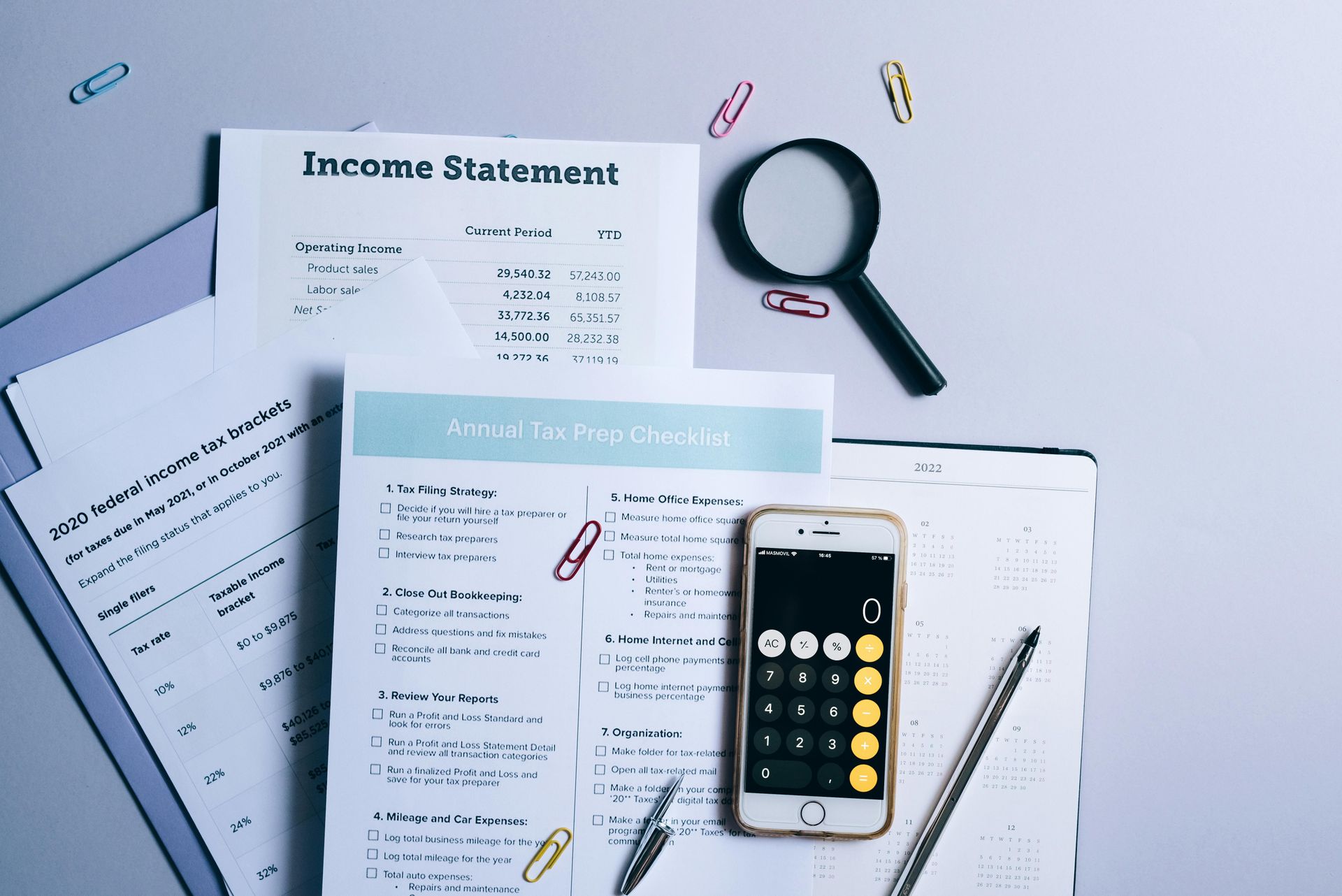Differences of Opinion
How to Address an Audit Disagreement
It happens: Differences of opinion can sometimes arise within an audit engagement team. So, what to do if there’s disagreement between the engagement partner and the quality control reviewer — or any members of the team?
Rule number one is that the engagement team should follow the firm’s policies and procedures for dealing with and resolving any differences of opinion. Here are some key steps to take to properly resolve and document an audit disagreement:
Step #1 – If a difference of opinion arises within the engagement team, the disputed issue should first be discussed by members of the engagement team and the partners. Hopefully, the team can resolve the issue swiftly. If both agree that the issue is resolved, no further action is necessary; however, if the issue is not resolved, additional consultation will be required.
Step #2 — If additional consultation is deemed necessary, the issue should be escalated to an individual at the firm who has the appropriate knowledge, seniority and experience regarding the issue in question. Those who are consulted should be given all the relevant facts that will enable them to provide informed advice. If they are able to resolve the issue, no further action is necessary.
Step #3 — If the issue is not resolved by taking this additional step, the issue should be reviewed by an individual outside of the firm who has relevant specialized expertise, such as CPAs at other firms, the AICPA Technical Hotline, AICPA Audit Quality Centers, IFAC and other professional and regulatory bodies that provide quality control services. Again, those consulted with should be given all the relevant facts that will enable them to make an informed decision. In some cases, certain audit or attestation engagements may require the firm to consult with specialists such as actuaries, appraisers, attorneys or engineers. When such consultations are necessary, CPAs must follow the guidance in AICPA Professional Standards and IFAC. If outside experts are able to solve the dispute, no additional action is required.
Step #4 — Keep in mind that consultations that involve contentious or difficult issues should be sufficiently documented to facilitate understanding of the issue for which the consultation was needed; the results of the consultation; the decisions made and the basis for those decisions; and how those decisions were implemented. In addition, it should be noted that the conclusions resulting from the consultation were understood by all the parties involved.
Step #5 — If the difference of opinion is not resolved after all the above steps have been taken, the matter must be brought to the attention of the quality control director (or equivalent), who must resolve the dispute regarding the proper course of action to be taken by the firm on the issue in question. The conclusion reached by the quality control director should be documented in accordance with professional standards.
Step #6 — The firm must not release the report until any differences of opinion are resolved. In addition, any party who disagrees with the final conclusion may document their disagreement with the resolution of the matter.
It’s important to note that the engagement partner is responsible for ensuring that appropriate consultation is undertaken on contentious matters. This person needs to ensure that all members of the team follow the firm’s consultation policies during the course of the engagement; the nature and scope of the consultation are agreed upon; the final conclusions are understood by the party consulted; and such conclusions are implemented properly.
If you’re unsure of how to handle an audit disagreement, there’s no need to go at it alone. Collemi Consulting leverages more than two decades of experience to provide trusted technical accounting and auditing expertise when you need it the most. To schedule an appointment, contact us at (732) 792-6101.








